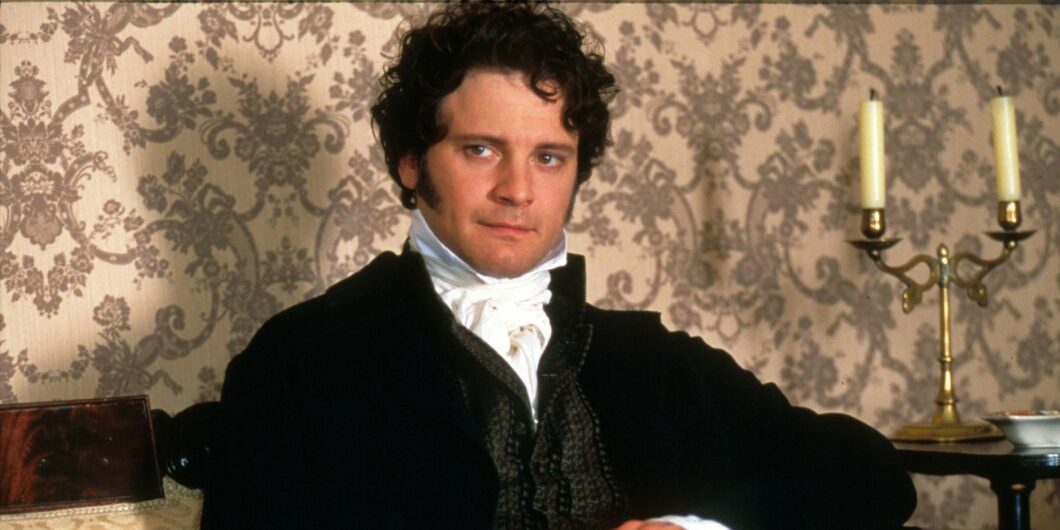Jane Austen’s Advice to Instagram Girls
Some books are worth reading. Others are not worth the paper they are printed on. And then there are the really special ones, the books worth reading again and again. These are the ones that make you laugh so hard it hurts, or feel so much you are exhausted, or those whose ideas transport you to another world—and when you return, you are not the same as when you left. Austen’s novels have the power to do all of these things; they are worth reading as many times as there are summer vacations, winter retreats, or rainy days in the south of England.
Recall the inimitable opening line of Pride and Prejudice: “It is a truth universally acknowledged that a single man in possession of a good fortune must be in want of a wife.” Austenian irony in fine form. Note that she is not pronouncing a universal truth, but rather a “truth universally acknowledged.” In other words, this is what everyone believes to be true, which of course, may or may not be true at all.
We will soon find out in the novel that Mr. Darcy is the brunt of a disparaging opinion that spreads like a contagion throughout the community, becoming in the little world of Longbourn and Meryton, the equivalent of a “truth universally acknowledged.” Almost immediately upon his arrival, his “character was decided. He was the proudest, most disagreeable man in the world, and everybody hoped that he would never come there again.” “Everybody says that he is eat up with pride.” “He is not at all liked in Hertfordshire. Everybody is disgusted with his pride.” By contrast, Mr. Wickham’s manners “recommended him to everybody.” Shortly after his arrival in Hertfordshire, Wickham’s good character was so established that “his claims on Mr. Darcy, and all that he had suffered from him, was now openly acknowledged and publicly canvassed.” Indeed, “everybody was pleased to know how much they had always disliked Mr. Darcy before they had known anything of the matter.”
One of the clear points of emphasis in the novel is on what “everybody” says and thinks and knows. It is so universal it might as well be true—even if it’s not, which of course, it isn’t.
Elizabeth knows that she must take responsibility for how she treats others and how she chooses to guide herself.
The false information and unfair assessments are not even the half of it—literally. The bogus reports are geometrically multiplied by gossip, which seems to spread more quickly than truth. The parallel in our own time is social media, in fact probably the prime engine of misinformation in the digital age. Facebook, Twitter/X, Instagram, Tik Tok—all available in the palm of your smartphone-wielding hand. For many people today, especially our youth, social media is the source of first impressions and final verdicts—about the nation, the world, and unfortunately, too often about themselves as well.
One of the problems is that in the realm of social media there is no intermediary ground to sift through, examine, and edit the superficial impressions generated by the various platforms, let alone refine and if need be, radically change them. Social media is one-dimensional in this regard. It thrives on the superficiality of unexamined or first impressions—the very problem Austen highlights in Pride and Prejudice—and why the original title of the novel was First Impressions.
When Elizabeth finally sees the deceit that had once passed for truth, and when she exercises her own judgment rather than allow herself to be caught up in the net of contagious gossip that spread and enveloped the village, the storyline turns. The moment Elizabeth sees Darcy for the man he truly is, she also comes to know herself in a much more profound way than she had ever done before. She knows that she must take responsibility for how she treats others and how she chooses to guide herself.
In a very important series of studies done on adolescent girls by social psychologist Jonathan Haidt, he tells us that we live in precarious times, that our young people are in trouble, and that their state of mental well-being and sense of themselves are in bad shape. Rather than learning to understand the world in which they live and to trust in themselves, they tend to be overly dependent on social media and the opinion of others—including especially a critical mass of anonymous online voices, which tend to be decidedly negative, nasty, and brutal. These are today’s “everybody,” whose “truth” is “universally acknowledged.”
That is the bad news. The good news is that this weekend marked Jane Austen’s birthday on December 16, 1775. So it’s a good time to ask your daughters and granddaughters to put down their cell phones and pick up one of her novels—any of them (they are all worth reading many times over). In one of them, they will stumble across a bit of advice that could change their world, if they let it: “We have all a better guide in ourselves, if we would attend to it, than any other person[s] can be.”



